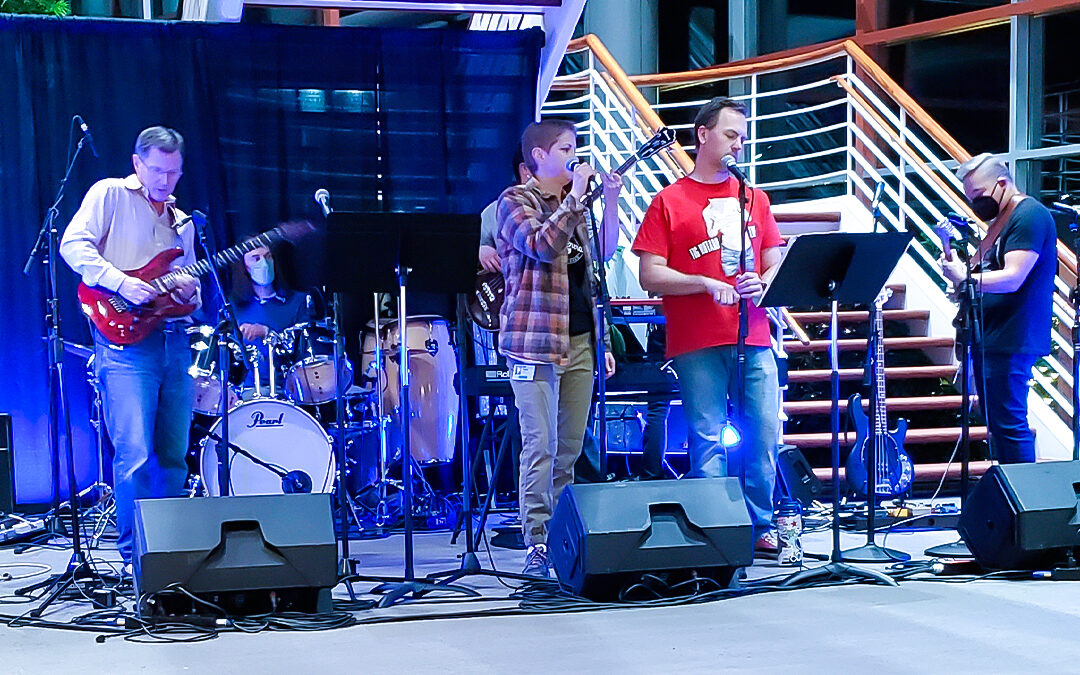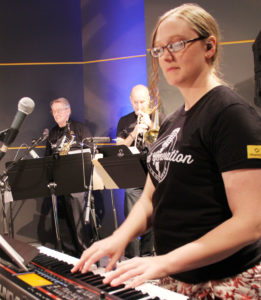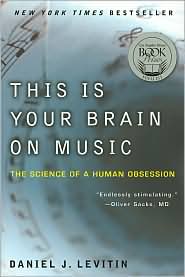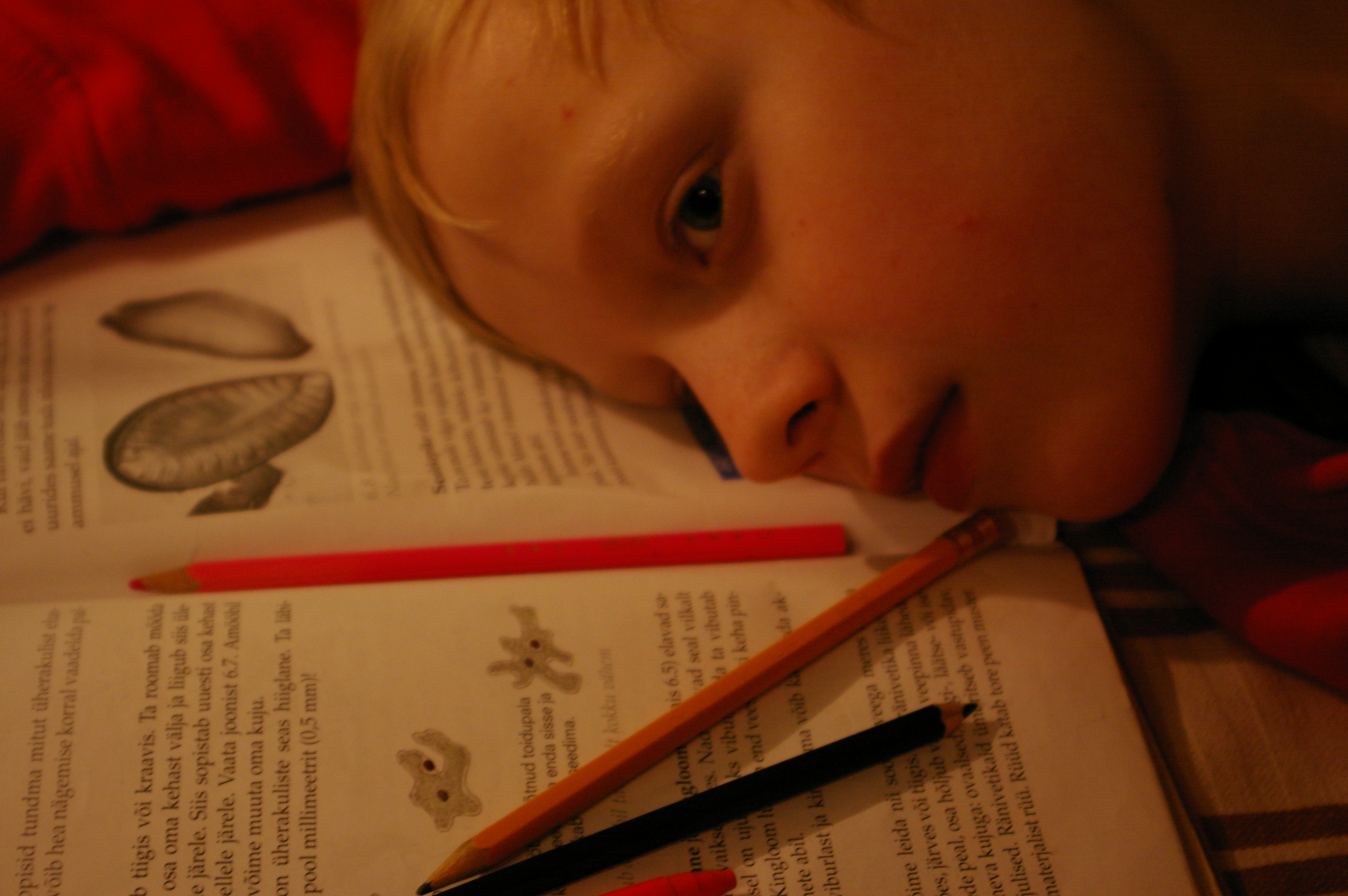
Have you ever heard Guns ‘n’ Roses and Lizzo in the same concert?
When the Promega employee band Major Groove takes the stage, you never know what they might play!
The Promega band started with a handful of employees in 2006 and has grown to include more than 50 active musicians. Today, they play at company meetings, picnics, art shows and much more.
“During my interview process, I was sent a list of links to learn more about Promega. I was like, “Hold the phone! This company has a band!” says Kathryn Sauter, a Business Analyst on the Global Logistics team. “I never thought I’d have an opportunity to participate in a musical extracurricular activity at a place where I work. Promega immediately shot to the top of my list.”
Continue reading “Rocking Out with the Promega Band: Major Groove!”





